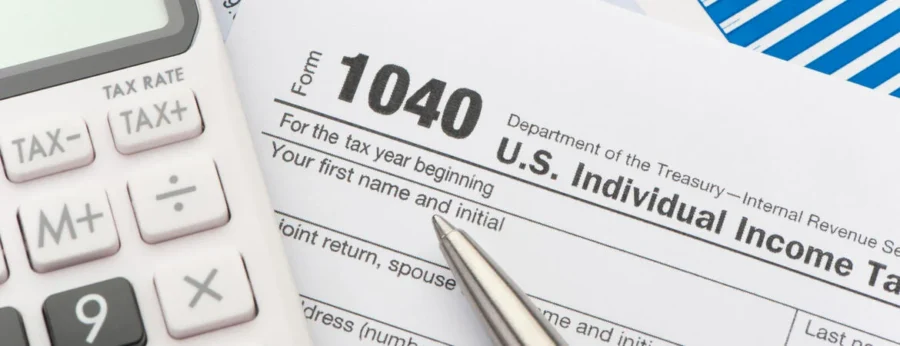A new study has found that over the past 110 years, wealthy Americans have been moving out of states that introduced high income taxes and into states with lower or no income taxes. This is the first study to systematically analyze the impact of state income tax policies throughout the United States from 1900 to 2010.
The study, published in the American Economic Journal: Economic Policy, was co-authored by Ugo Antonio Troiano, an economist and associate professor at the University of California, Riverside. The researchers examined state-level tax policies and found that states that introduced income taxes increased their revenue per capita by 12% to 17%. However, this increase did not translate into an overall increase in government revenue because wealthy Americans started moving out of these states, especially after World War II.
“Personal income tax means a tax upon labor income, first introduced for the purpose of redistribution of wealth,” said Troiano, whose expertise includes politics and economics. “The idea was to provide services to poorer parts of the population and reduce inequality between low-income and high-income residents.”
However, the study results showed that implementing higher taxes was not well accepted by many wealthy Americans. Their higher income allows them to be more mobile and able to seek new residency in states with lower or no personal income tax. This mobility has historically been higher in the U.S. compared to European countries, mainly because people here speak the same language, making it easier to settle in a new city, Troiano said. The analysis also showed that out-migration began to slow down in the 1980s.
Income taxes are important for states because they allow governments to increase revenue per capita, but before World War II, these tax policies faced many legal challenges in court. Some states, like Pennsylvania, attempted to amend their state constitution multiple times to introduce income taxes, while others, like Indiana and Washington, failed to do so. To date, six states (Texas, Florida, Nevada, Washington State, Wyoming, and South Dakota) have never introduced a permanent individual income tax.
California introduced the personal income tax in 1935, along with 17 other states between 1930 and 1940. However, not all states successfully implemented income taxes. New Mexico repealed its first income tax law in 1920, Iowa’s state senate defeated an income tax bill passed by the state assembly in 1932, and Colorado’s governor vetoed an income tax bill passed by the legislature in 1935. Eventually, most of these states would introduce an income tax, with the exception of Washington.
By analyzing U.S. Census datasets, Troiano and his colleagues, Traviss Cassidy (University of Alabama) and Mark Dincecco (University of Michigan), found that wealthier Americans tended to move out of state when income taxes were too high, but remained when income tax increases were minimal.
Troiano suggests that states should be mindful of mobility responses when considering how to reduce income inequality. “Raising taxes too much might backfire, as the state might lose too many relatively wealthy contributors,” he said.
The study highlights the challenges states face in balancing the need for revenue with the potential consequences of wealthy residents leaving for lower-tax states. As income inequality continues to be a pressing issue, policymakers will need to carefully consider the implications of their tax policies on both revenue and migration patterns.

